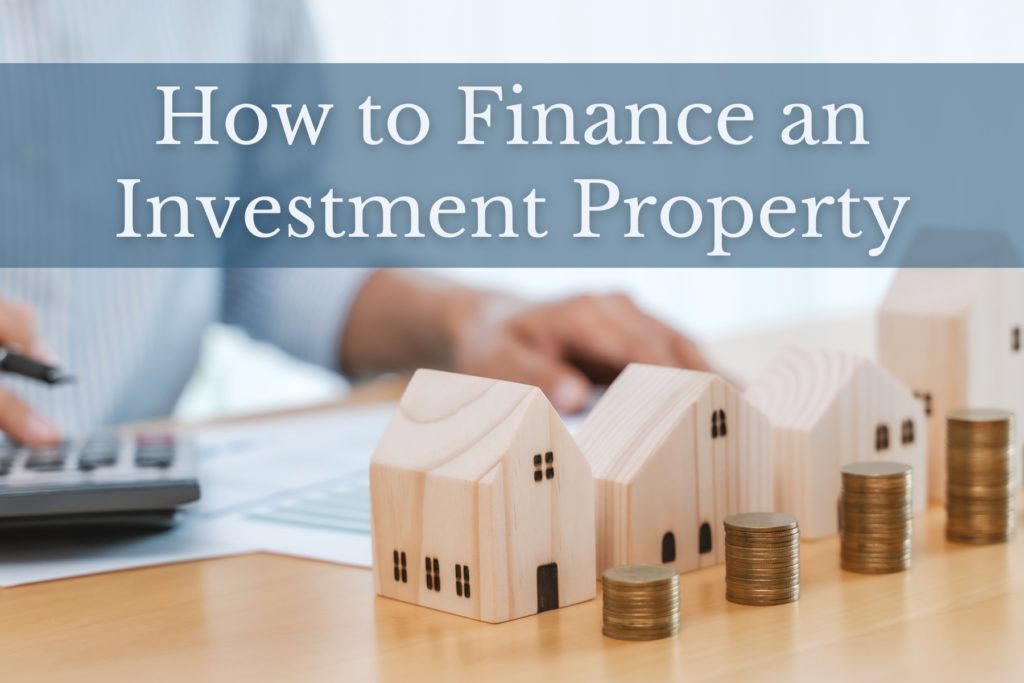Published by Think Realty | November 22, 2024
Lenders view investment properties as riskier due to the potential for vacancies and variable rental income.
Investing in real estate can be a lucrative venture, offering both immediate rental income and long- term appreciation. Securing financing for an investment property can be complex, however, involving different strategies and financial products compared to primary home loans.
This comprehensive guide will walk you through the steps of financing an investment property, helping you make informed decisions to maximize your returns. At Investment Property Loan Exchange, we aim to simplify the process and provide you with the best financing options available.
Investment property financing differs from traditional home loans in several key ways. Lenders view investment properties as riskier due to the potential for vacancies and variable rental income. As a result, interest rates are typically higher, and the qualification criteria are more stringent.
Types of Investment Property Loans
Before you begin to seek financing, you must understand the types of products available.
1. CONVENTIONAL LOANS. These are traditional mortgage loans not backed by the government. They typically require a higher credit score and a down payment of at least 20-25%. Conventional loans offer competitive interest rates and are suitable for investors with strong credit histories.
2. HARD MONEY LOANS. These are short-term loans that private lenders provide. Investors looking to quickly purchase and renovate properties often rely on these loans. Hard money loans have higher interest rates and shorter repayment terms, but they are easier to qualify for compared to conventional loans.
3. FEDERAL HOUSING ADMINISTRATION (FHA) LOANS. The FHA offers loans with lower down payment requirements, typically around 3.5%. However, FHA loans are primarily designed for owner- occupied properties, so using them for investment purposes can be challenging unless you plan to live in one of the units.
4. VETERANS AFFAIRS (VA) LOANS. VA loans are available to current and former military service members. These loans offer competitive interest rates and require no down payment. Similar to FHA loans, VA loans are intended for primary residences, but there are ways to use them for investment properties under certain conditions.
5. PORTFOLIO LOANS. These are loans held by the lender instead of being sold on the secondary market. Portfolio loans offer more flexibility in terms of qualification and terms, making them a good option for investors with unique financial situations.
Key Considerations When Financing an Investment Property
As you prepare to secure financing, inform yourself about what potential lenders will be looking for as they evaluate your deal.
1. CREDIT SCORE. Your credit score plays a crucial role in securing favorable loan terms. Aim for a score of at least 620 for conventional loans, though a score of 740 or higher will get you the best rates.
2. DOWN PAYMENT. Investment properties typically require a higher down payment compared to primary residences. Plan to put down at least 20-25% to secure financing.
3. DEBT-TO-INCOME (DTI) RATIO. Lenders for conventional financing options will assess your DTI ratio to ensure you can handle the additional debt. A lower DTI ratio indicates better financial health and improves your chances of loan approval.
4. CASH RESERVES. Lenders often require borrowers to have cash reserves to cover several months of mortgage payments. This provides a buffer in case of vacancies or unexpected expenses.
5. PROPERTY INCOME POTENTIAL. Lenders will evaluate the rental income potential of the property. Having a detailed cash flow analysis and rental history can strengthen your loan application.
Steps to Secure Financing
Now that you’re equipped with an understanding of the financing vehicles available and what lenders will look for, continue reading for steps to secure your financing.


